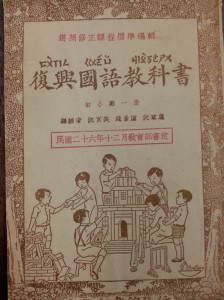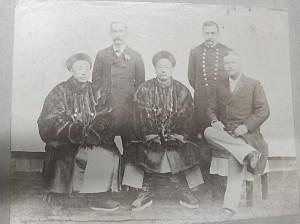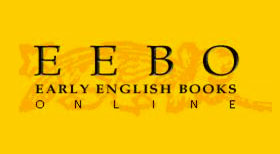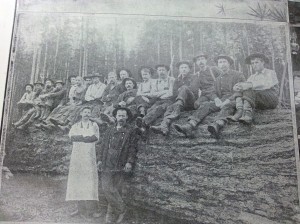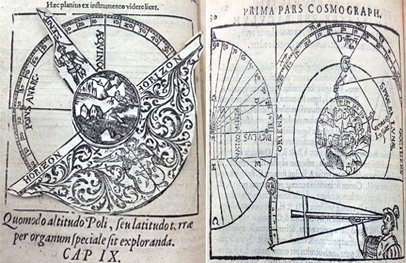This week I’ve begun processing the Frank Williston papers, which I actually used for a Wikipedia article last week. Williston was a professor of “Far East Studies” at both the University of Puget Sound and at the University of Washington, and in the mid-1940s, he was an officer in the United Nations Relief and Rehabilitation Administration in Asia. The collection includes many publications about various Asian countries, as well as maps, correspondence, and UNRRA reports from Williston’s time in the organization. Some of the most interesting pieces have to do with the second Sino-Japanese War. There are some very intriguing letters from American missionaries teaching at Theological Seminaries or working with the YMCA in Nanking during the Nanking Massacre of 1938, when Japan invaded the city, as well as Japanese propaganda pamphlets that aim to rehabilitate Japan’s image as the friendly occupiers. Notably, the front of one such pamphlet shows Japanese soldiers holding Chinese babies and small children, the mothers smiling in the background, with a caption about how the Japanese soldiers enjoy playing with the “little ones.”
While processing the collection, I also came across a lighter topic with a series of Asian language instructional booklets for children (maybe Chinese?). The booklets include what appears to be some kind of reading exercise, as well as mathematical exercises, and feature some fun (and sometimes rather confusing) illustrations.
By: Kara E. Flynn


